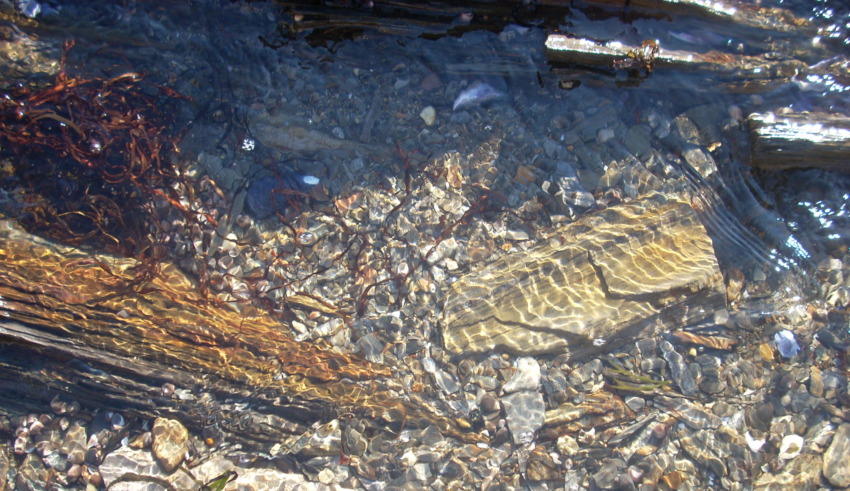
Steve: Do you feel any appreciation for how this part is trying to help you feel valued?
George: Yeah. Absolutely!
Steve: It’s an important job. [pause] What if you express your appreciation to him? You might say, “I notice just how hard you’re working to help me feel valuable, to be valuable, and I really appreciate you for that.”
George: [long pause] He really appreciates that recognition. He’s feeling more relaxed now.
Steve: Yeah, that’s beautiful.
Comment: Here we see the paradox of change in action. By relating to this part in an accepting, loving, and appreciative way, the part spontaneously changed by relaxing. If we had told the part, for instance, to stop trying to rescue people, it probably would have felt misunderstood and resisted.
Steve: This part has let us know that there’s another part of you, a hurt part, that remembers what it feels like to not feel valuable, to feel worthless. Does that feel true? That there is such a part?
George: Yeah. [pause] There’s a very clear hurt part that’s coming to mind that I have seen before. That I’ve been with before.
Steve: Yeah?
George: And I feel like I’ve done work with him before, but that hurt is still there. [pause] He’s, he’s right there. That’s very evident right now. It’s a very younger version of me, this elementary school version of me. A seven- or eight-year-old version of me. I have a specific image in mind sitting on the bench in gym class and always being last to be picked. I wasn’t good at sports. Wasn’t good at any of that stuff. And I wasn’t sure if I was good at being one of the boys. I wasn’t sure if I was good at being one of the girls, but I was supposed to play with the boys. I would try and play sports, but that didn’t work. Where am I valuable? Am I valuable? What am I talented at? For a long time that was so unclear to me for most of the vast majority of my life. Like, I don’t have a talent. I’m not good at something.
Comment: Every protector part is trying to protect us from accessing a hurt part. We worked with the rescuer part, which is a protector part. Now we are starting to work with the hurt part who remembers how much it hurt emotionally to have these questions about his value.
Steve: That must have really been confusing … and disorienting and hurtful.
George: Yeah. [pause] And that is masked with trying to constantly add value.
Download Article













